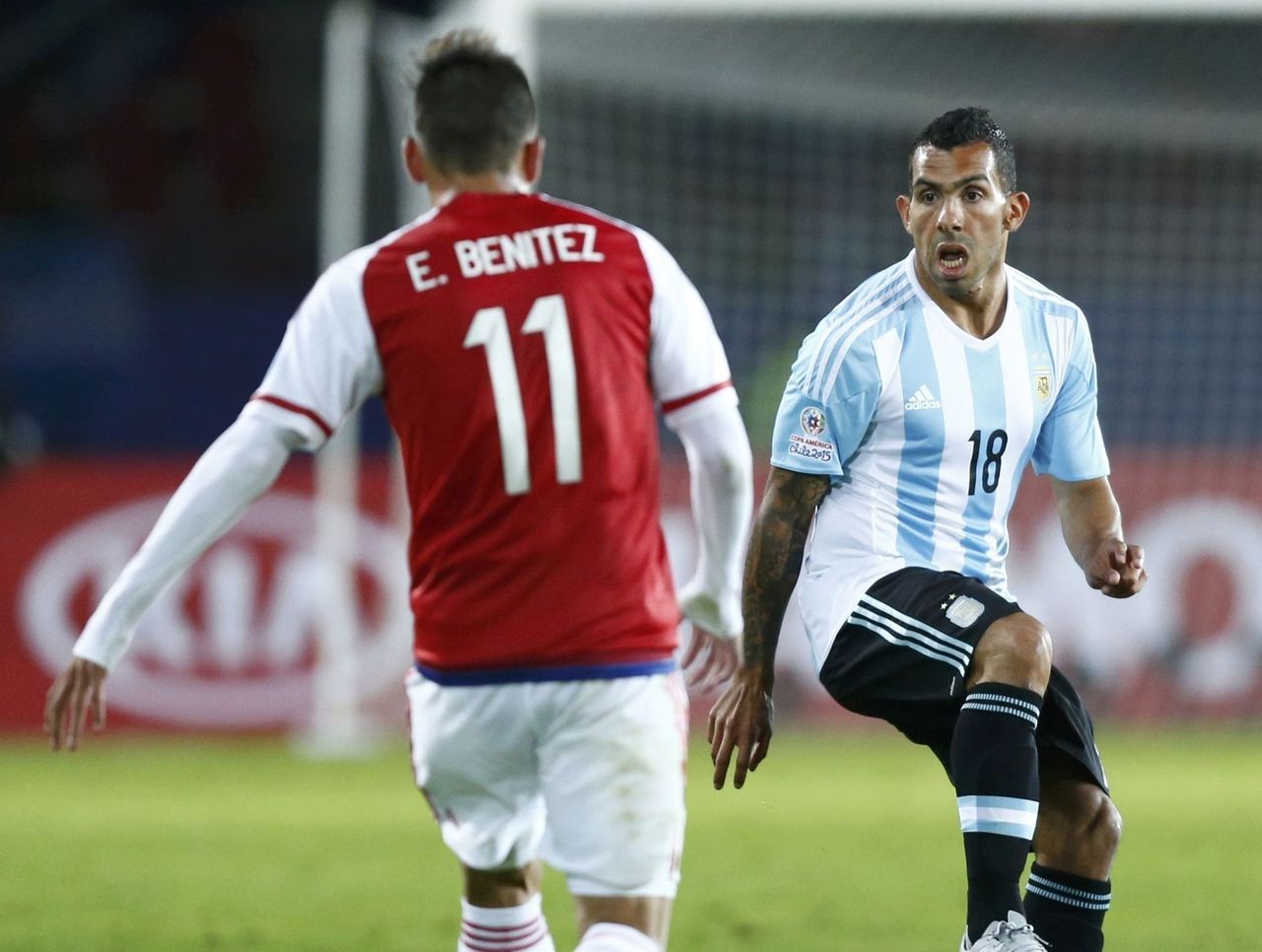Carlitos' Way: How Carlos Tevez's career is about to come full circle
Four years ago, at the 2011 Copa America, Carlos Tevez's career came to a crashing halt.
Argentina was taking on Uruguay, its eternal rival, in the quarterfinals of the competition, looking to advance one step further in its quest to claim its first title in 18 years. Not only that, but La Albiceleste was looking to do so on home soil.
Entering the tournament, Tevez had cast a shadow over the national team, causing a divide between supporters who believed he had no business in the squad and those who insisted it was criminal to leave out a player who embodies everything about Argentina.
At the time, and perhaps even to this day, Tevez was held in wider regard than Lionel Messi, who many in Argentina associate with FC Barcelona and Catalonia. After all, Messi had joined the Barcelona academy, La Masia, at a very young age, and spent a significant portion of his life on the other side of the Atlantic Ocean.
Tevez, on the other hand, was Argentina in a nutshell: a kid from the wrong side of the tracks who had featured for Boca Juniors before heading overseas, and who hailed from Fort Apache, a slum in Buenos Aires rife with drugs and crime.

One year earlier, at the 2010 World Cup, then-manager Diego Maradona had included Tevez in his squad, throwing off the team's balance in attack simply because he couldn't resist the temptation of Carlitos's charm.
However, despite the criticism Maradona faced for including Tevez, manager Sergio Batista caved to the same political pressure, calling up the troubled forward for the 2011 Copa America.
It was a decision that proved costly.
Following 120 minutes of captivating football, Argentina and Uruguay were unable to break the 1-1 scoreline in their quarterfinal, and the match entered a penalty shootout. Tevez, who had taken the pitch as a replacement for Sergio Aguero in the 84th minute, was third in line to shoot for La Albiceleste.
What ensued sent a collective shiver down the spine of every human being in Argentina.
Tevez's penalty was thwarted by a diving Fernando Muslera, whose surreal reflexes had earlier denied Argentina of a winning goal, and Argentina went on to lose the shootout. Batista was sacked, and Tevez found himself out of a spot in the national team.
Manager Alejandro Sabella, who immediately succeeded Batista, did not once call up Tevez to Argentina. From 2011 to the moment he stepped down after last year's World Cup, Sabella never dared roll the dice on a player who had attracted so much anxiety.
And it was arguably the correct call, as a Tevez-less Argentina reached the World Cup final.
Nonetheless, another Copa America is upon South America, and following a brilliant campaign with Juventus F.C., in which he notched 20 goals and seven assists through 32 Serie A appearances, Tevez finds himself back in Argentina's squad under manager Gerardo Martino.
"If I have to say where I imagine Tevez in my game plan, it is only at No. 9," said Martino back in September, when he handed the Buenos Aires product his first international call-up in more than three years.
It remains to be seen just how Tevez can be worked into Argentina's attacking equation as a No. 9. In Martino's preferred 4-3-3, there is only room for one of Aguero, Gonzalo Higuain, and Tevez, and there can be no disputes over who finds themselves at the bottom of that pecking order.
Argentina's opening match at the Copa America saw Aguero round out the team's attacking trident alongside Messi and Angel Di Maria. As had been expected, Tevez started on the bench and only took the pitch for the final quarter-hour of the game. A poor header from close range was his most notable contribution.

On Friday, Tevez will likely feature in a similar role when Argentina renews its rivalry with Uruguay, more than four years since he saw his penalty saved by Muslera and effectively lost his place in La Albiceleste.
If he can produce a moment of redemption, the streets of Buenos Aires will surely be chanting his name throughout the night, signalling the rightful return of Argentina's prophet.
Should he fail to breathe any life into the fixture, however, one can only wonder how many more lifelines Tevez will be awarded.
HEADLINES
- Mets' Alonso declines HR Derby invite: Time for 'a break'
- MLB All-Star Game snubs: Soto, Springer among glaring omissions
- Padres' Darvish to make season debut Monday vs. D-Backs
- Guardians lose 10th straight after 'gut-wrenching' meltdown vs. Tigers
- Walker, Diaz, Altuve homer as Astros complete sweep of Dodgers